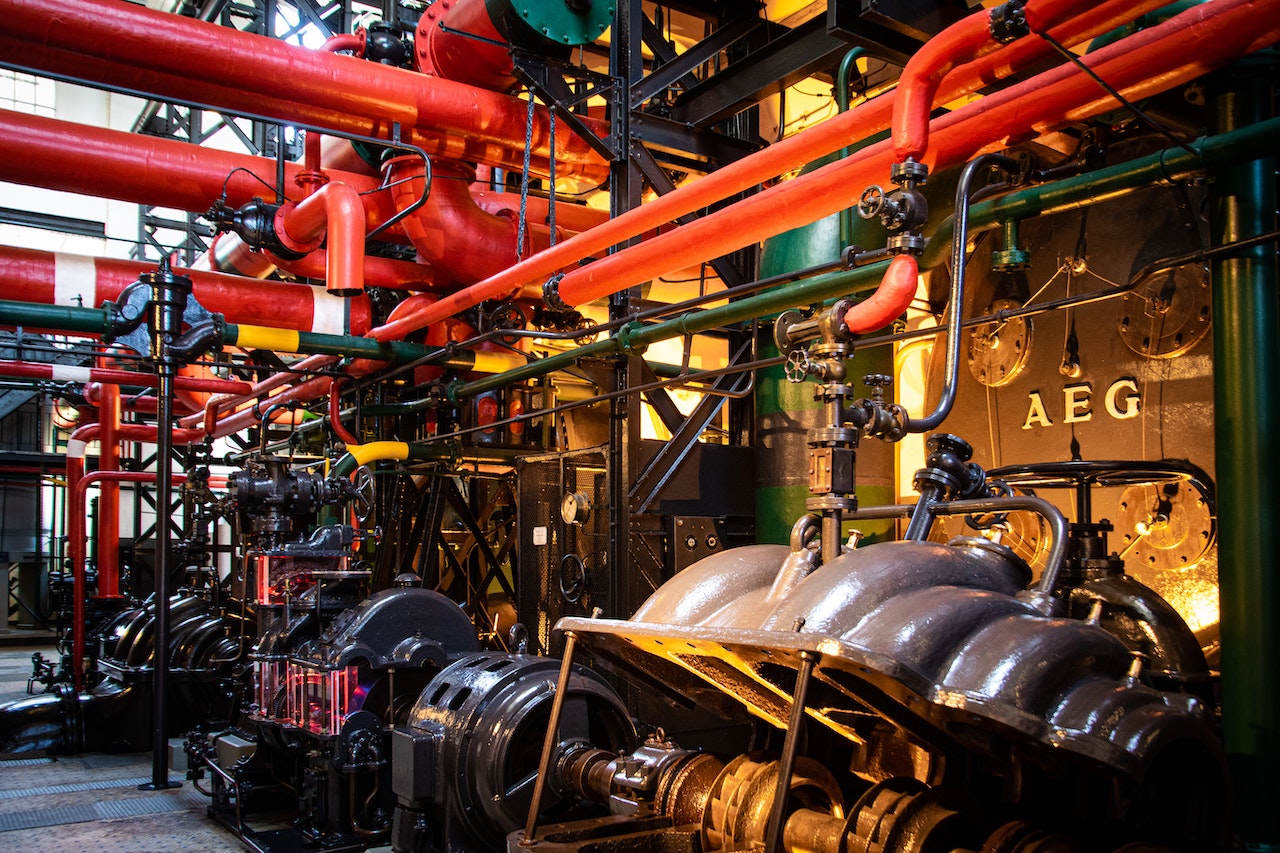In the vast realm of industrial chemistry, heavy chemicals play a pivotal role in driving various sectors forward. From manufacturing and construction to agriculture and energy, these chemical compounds are the backbone of countless industries. In this blog post, we will delve into the fascinating world of industrial heavy chemicals, exploring their significance, applications, and impact on our daily lives.
- Understanding Industrial Heavy Chemicals:
Industrial heavy chemicals, also known as bulk chemicals, are produced in large quantities and serve as raw materials for numerous industrial processes. Unlike specialty chemicals, which are tailored for specific applications, heavy chemicals are produced on a massive scale and form the foundation of many manufacturing operations. - Key Types and Applications:
a) Petrochemicals: Derived from petroleum or natural gas, petrochemicals are the building blocks of countless products, including plastics, synthetic fibers, rubber, and solvents. They are essential in industries such as automotive, packaging, and construction.
b) Fertilizers: Vital for modern agriculture, fertilizers provide essential nutrients to crops, enhancing their growth and yield. Nitrogen-based fertilizers, phosphates, and potash are among the most widely used heavy chemicals in this sector.
c) Industrial Gases: Oxygen, nitrogen, hydrogen, and carbon dioxide are examples of industrial gases that find applications in various industries. They are used in metal fabrication, chemical synthesis, food processing, and even healthcare.
d) Inorganic Chemicals: Heavy chemicals like sulfuric acid, sodium hydroxide, and chlorine are indispensable in manufacturing processes such as metal refining, paper production, and water treatment.
- Environmental Impact and Sustainability:
While heavy chemicals contribute significantly to industrial progress, their production and usage can have environmental implications. Efforts are being made to develop sustainable practices, such as recycling and waste reduction, to minimize the ecological footprint of heavy chemical industries. Additionally, research is ongoing to explore greener alternatives and improve the overall sustainability of these crucial sectors. - Technological Advancements:
The heavy chemical industry is constantly evolving, driven by technological advancements and innovation. From process optimization and automation to the development of novel catalysts and cleaner production methods, these advancements aim to enhance efficiency, reduce waste, and improve the overall quality of heavy chemicals.
Conclusion:
Industrial heavy chemicals are the unsung heroes behind the scenes, powering numerous industries and enabling progress in our modern world. From the petrochemicals that shape our everyday products to the fertilizers that nourish our crops, these chemicals are the lifeblood of industrialization. As we move forward, it is crucial to balance their significance with sustainable practices, ensuring a harmonious coexistence between industrial growth and environmental preservation.

